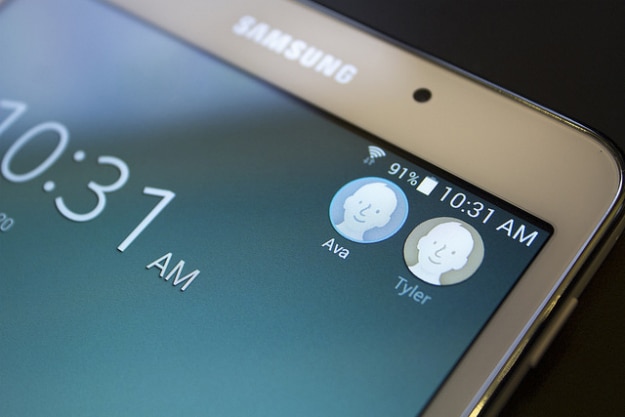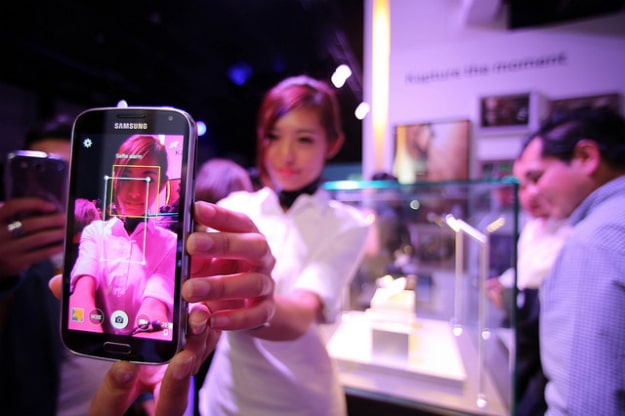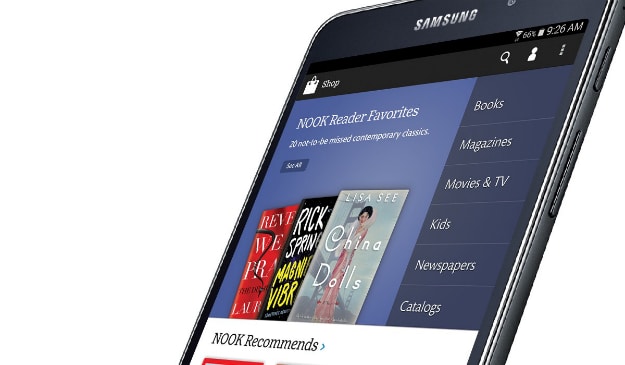Undeniably, the world is changing dramatically with the rapid advances in technology. Affecting everything from how we read and communicate to how we shop, the Internet is making things faster and more convenient. While some might argue that it takes away some of the humanity from people, a growing contingent argues that it is more accurately an advance in humanity, something to give us greater equality of information and a greater connection with one another.
As new devices enter the market, we are familiarizing ourselves with needs that we did not think we would ever come across. It is called innovation and it drives the society that we live in. Everything is becoming simpler and more powerful, and that is exactly what us humans are always craving. Digital devices are becoming our lifeline, and we are delving deeper and deeper into the many ways they can help us navigate through our lives.
Everything from 3D printers to the latest and greatest smartwatch is pushing us ever closer to a world entirely driven by technology. Some of the digital devices have become so important to us that we can no longer live without them. Some of those are of course the smartphone and the tablet, but the smartwatch is rapidly settling in as one of those as well. Here are three ways digital devices like tablet readers and smartphones are changing our lives.
Goodbye Paperback, Hello 7 Inch Tablet
As the world grows increasingly aware of the dire consequences of our environmental impact, the shift toward less wasteful consumption practices has led to the popularity of digital devices such as the eReader. By eliminating the need to fell trees in droves to make paper for printing books and other written materials, products like the 7 inch Samsung Nook tablet are significantly reducing the harmful effects of printing on our environment. Moving the practice of reading to digital devices not only reduces environmental impact, but also opens up accessibility to literary material.
With something like Samsung Nook, people have access to thousands of titles at their fingertips, without ever having to step foot in a bookstore. Any recommendation from a friend can be instantly searched and downloaded to a portable 7 inch tablet device, ready to go at a moment’s notice.
As eReaders and tablets grow smaller and more affordable, increasing numbers of people are starting to see the benefits of using just one of these digital devices in place of a backpack full of books. Schools are beginning to adopt the technology for use in the classroom, relieving students of the burden of inflated textbook prices. The need for student bookstores to constantly gauge interest in a course and stock titles accordingly is eliminated as students can freely download books as they need them.
Never Have To Say Goodbye
Part of the growing interconnectedness of the Internet is the removal of geographic boundaries. In a macro sense, revolutions can arise as protestors take to Twitter to organize themselves. But on a smaller, personal level, relationships no longer need to take a back seat to physical proximity. We freely travel with lower airfares and the ability to work on the road with Internet access. That increase in movement and mobility means that we’re often away from our friends and loved ones.
Thankfully, we never have to really say goodbye to one another as we can stay connected with our digital devices with services like video calls, as well as share book recommendations for our Samsung Nook tablets or photos with our extended social networks in real time.
While nothing can take the place of spending time with one another in person, technology is starting to bridge that gap and give up the ability to stay connected to others when we’re not able to be together in the same location. This has far reaching implications for everything from long distance romantic relationships to international business operations. Information can be shared with the other side of the globe in an instant and that sort of capability is making the world a much smaller place in a very short period of time.
The Smarter Consumer
We live in the midst of what many identify as “the Information Age,” and that moniker is realized in several different facets. While many assume it refers primarily to the ease of universal access to encyclopedic knowledge from sources like Wikipedia, it also applies to the information consumers can access before they make important decisions. This ranges in everything from the home appliances we buy, to the clothes we try on, to the restaurants where we eat. There is a wider variety of vendors from which to choose, and we have all of the information to make an educated decision about what we want. As we can all see, the digital devices made available to us have significantly increased the quality of our decisions.
While consumers of the past blindly accepted an advertisement’s assertion that one company had higher quality meat than the competitor, today’s consumers can do the research themselves to find the source of the meat and the way it is processed and handled.
The same concept applies to clothing and other consumer goods. Larger corporations can no longer outsource manufacturing to factories with unsuitable labor standards without receiving a backlash from consumers who demand a higher ethical standard and will vote with their dollars until changes are made. In terms of the quality of a product, we have access to crowdsourced information like never before. If you’re shopping for a new book on your Samsung Nook 7 inch tablet, you can see reviews from hundreds of like-minded readers on either of the digital devices at your disposal before you make a decision about whether or not to buy.
For service oriented businesses, smartphone applications and websites like Yelp and Angie’s List give people access to ratings standards and previous customer reviews so that businesses are held to a higher accountability for the services they offer. Sure, there was always the word of mouth reputation of a business in the past, but secondhand information is no longer necessary with the advent of independent review sites and the immediate access it gives us through our digital devices.
Technology is constantly changing with new ideas and fresh perspectives, but it seems that the motion is generally headed toward faster information and the instant connection between people, whether that means reading new ideas on a 7 inch Samsung Nook tablet, talking to a loved one in a distant country, or just picking a restaurant for dinner in town.
Digital Devices Are Increasing The Quality Of Our Decisions



COMMENTS